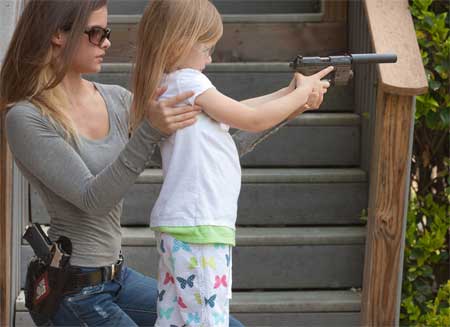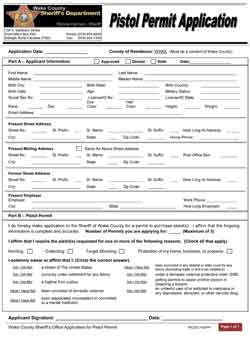We have been a member of the NRA Estate Planning Professional Network for several years. In doing so, we have encountered a number of clients who want to leave certain items or a percentage of their firearms to one or more of the NRA Endowment Funds.
Recently we modified our Gun Trusts to include provisions so that each individual can choose if and what they would like to leave to the NRA Endowment Fund of their choice. For those of you who do not have these provisions in your Gun Trust we will be providing a Free Amendment Form that you can compete that allows you to leave any percentage of your trust assets to the NRA before making beneficiary designations, any percentage of your trust assets to the NRA Endowment Fund of your choice if your beneficiaries do not survive the creators of the trust, or a list of specific items that you want to go to the NRA Charity of your choice.
This will make it easier for our clients to bring their Gun Trusts into compliance with their overall charitable giving goals.ing





 Some of our clients in North Carolina regularly ask about pistol permits and trusts. In response to this, we asked a North Carolina Gun Trust Lawyer ® to explain how the
Some of our clients in North Carolina regularly ask about pistol permits and trusts. In response to this, we asked a North Carolina Gun Trust Lawyer ® to explain how the